Our Team
STRINGS is led by the Science Policy Research Unit (SPRU) at the University of Sussex, the Department of Science, Technology, Engineering and Public Policy (STEaPP) at University College London (UCL) and the United Nations Development Programme (UNDP). We are working in partnership with several leading universities and organisations.
Science Policy Research Unit (SPRU), University of Sussex
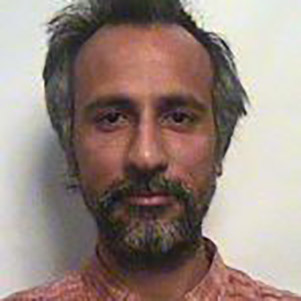
Dr Saurabh Arora
Saurabh joined SPRU in January 2014 as Senior Lecturer in Technology and Innovation for Development and was previously an Assistant Professor at Eindhoven University of Technology, The Netherlands. He completed his PhD in 2009 from Maastricht University, with a thesis focussed on networked politics of knowledge sharing and agricultural innovation in and around a south Indian village. Prior to that, he was trained as an Engineer at the University of Minnesota (USA) and National Institute of Technology, Surat (India).
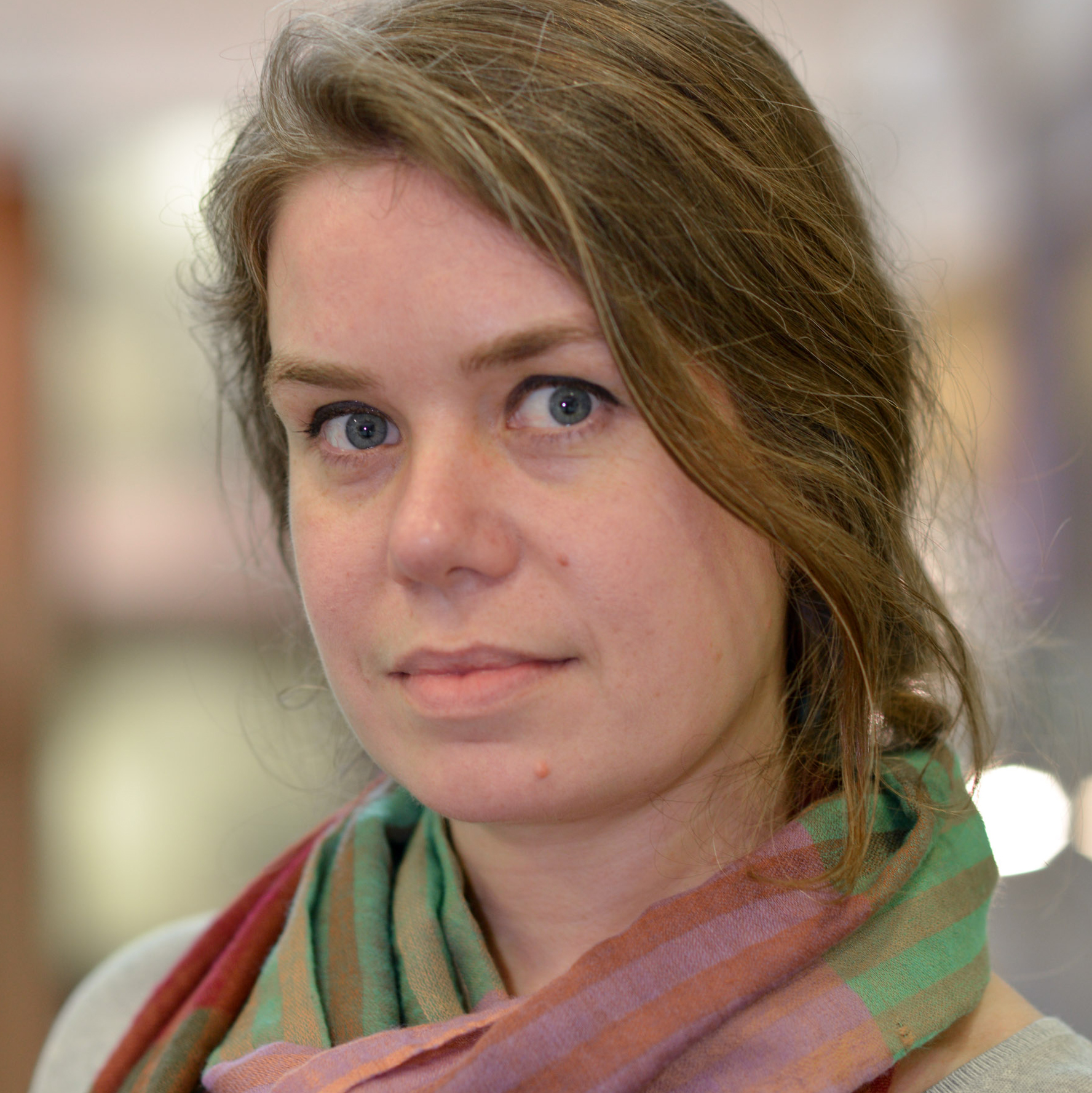
Dr Marion Clarke
Marion is the SPRU Research Unit Manager. Before joining the University of Sussex as Research Coordinator for SPRU in 2014, she worked for a number of different research teams at the Institute of Development Studies as a project coordinator. She provides intensive support to SPRU for the planning, development and delivery of research and knowledge exchange, in particular through externally funded projects and activities. Qualifications: DPhil (Sussex) in Social and Political Thought, MA (Brighton) in Cultural and Critical Theory.
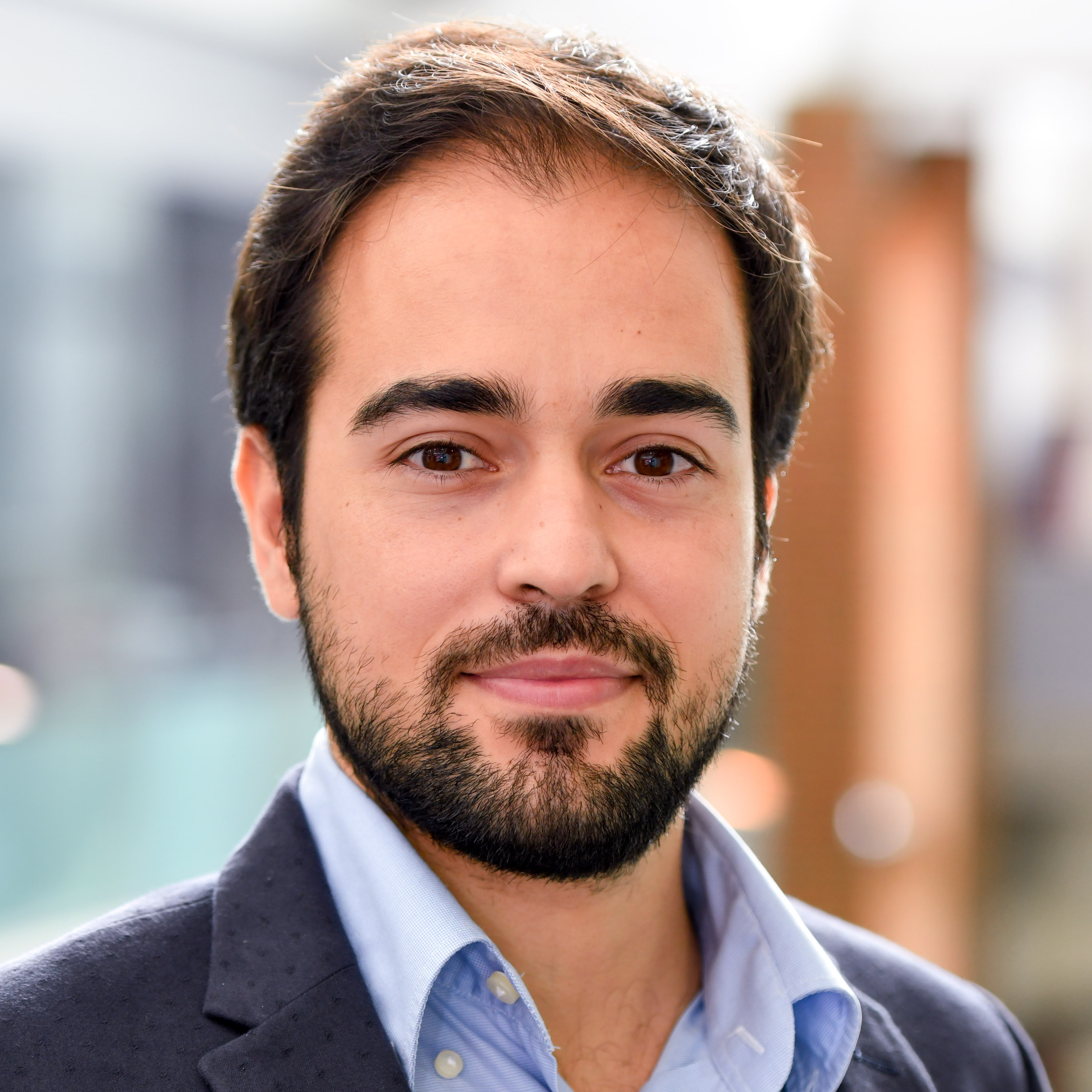
Dr Hugo Confraria
Hugo has been a research fellow at Science Policy Research Unit (SPRU) since September 2018, and a post-doc at the Research Unit on Complexity and Economics (UECE), University of Lisbon since February 2020. Since 2010 he has worked as an economist, consultant and researcher on issues relating to research evaluation, knowledge transfer, business development, and science, technology and innovation (STI) indicators. He has also teaching experience in data science, econometrics, STI policy and macroeconomics. He holds a bachelor’s degree in Economics from the University of Coimbra, a master’s degree in Economics and Management of Science, Technology and Innovation from the University of Lisbon and defended his PhD thesis titled “Developing scientific capacity in the Global South” in 2019 at UNU-MERIT, Maastricht University. At SPRU he is currently involved in STRINGS and at UECE he is working on a Fundação para a Ciência e a Tecnologia (FCT) project which aims to develop state-of-the-art knowledge on the determinants and outcomes of the innovative performance of countries worldwide.
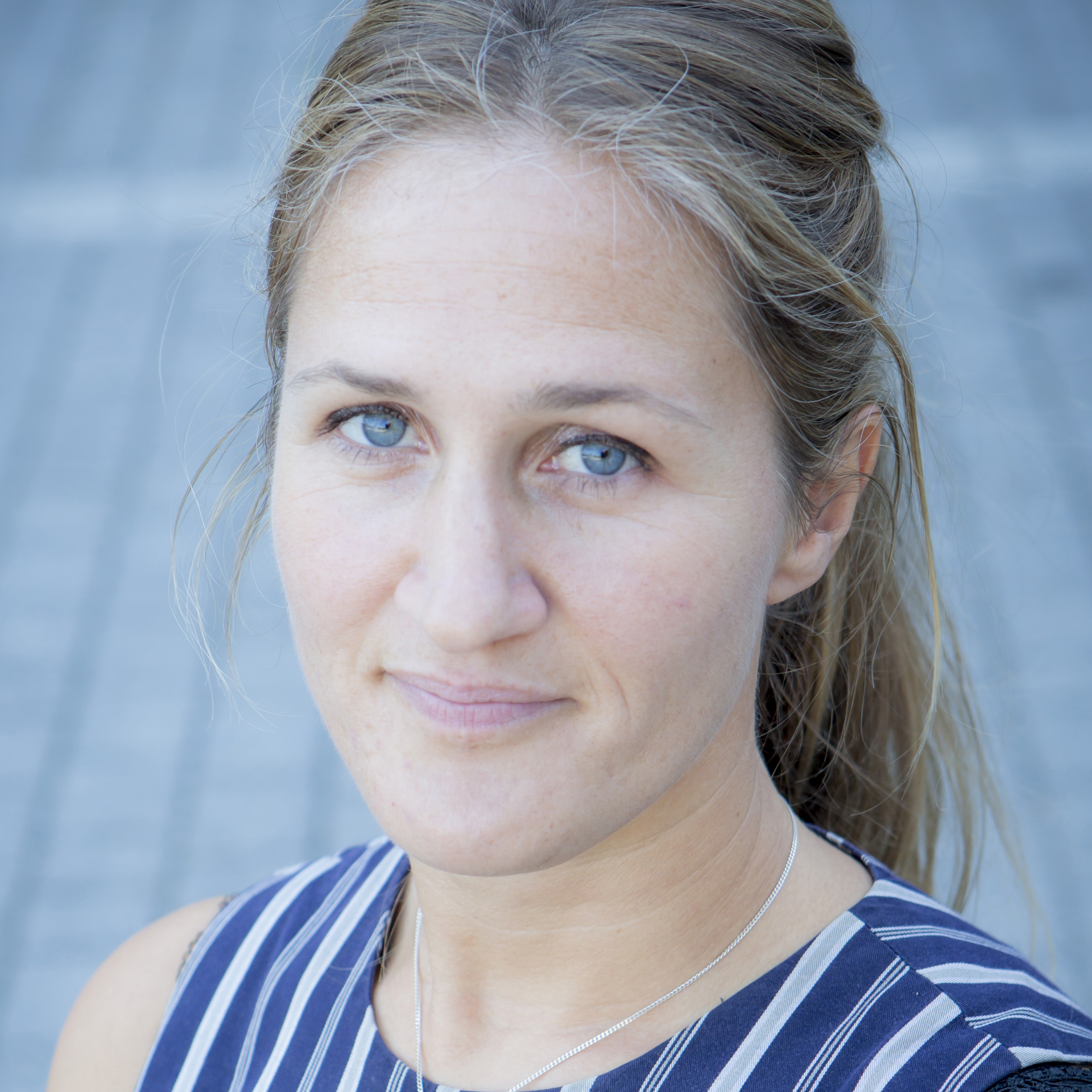
Charlotte Humma
As Research Communications Manager for the University of Sussex Business School, Charlotte’s work is key to developing the external profile for individual areas of research, the departments and School, as well as generating research impact, knowledge exchange and improving engagement with stakeholders and the media. She was project lead for the Policy@Sussex initiative in 2017-2019 which sought to connect social science research to a wide range of stakeholders, which is funded by the ESRC Impact Acceleration Account. Previously, she worked in communication roles in international non-governmental organisations.
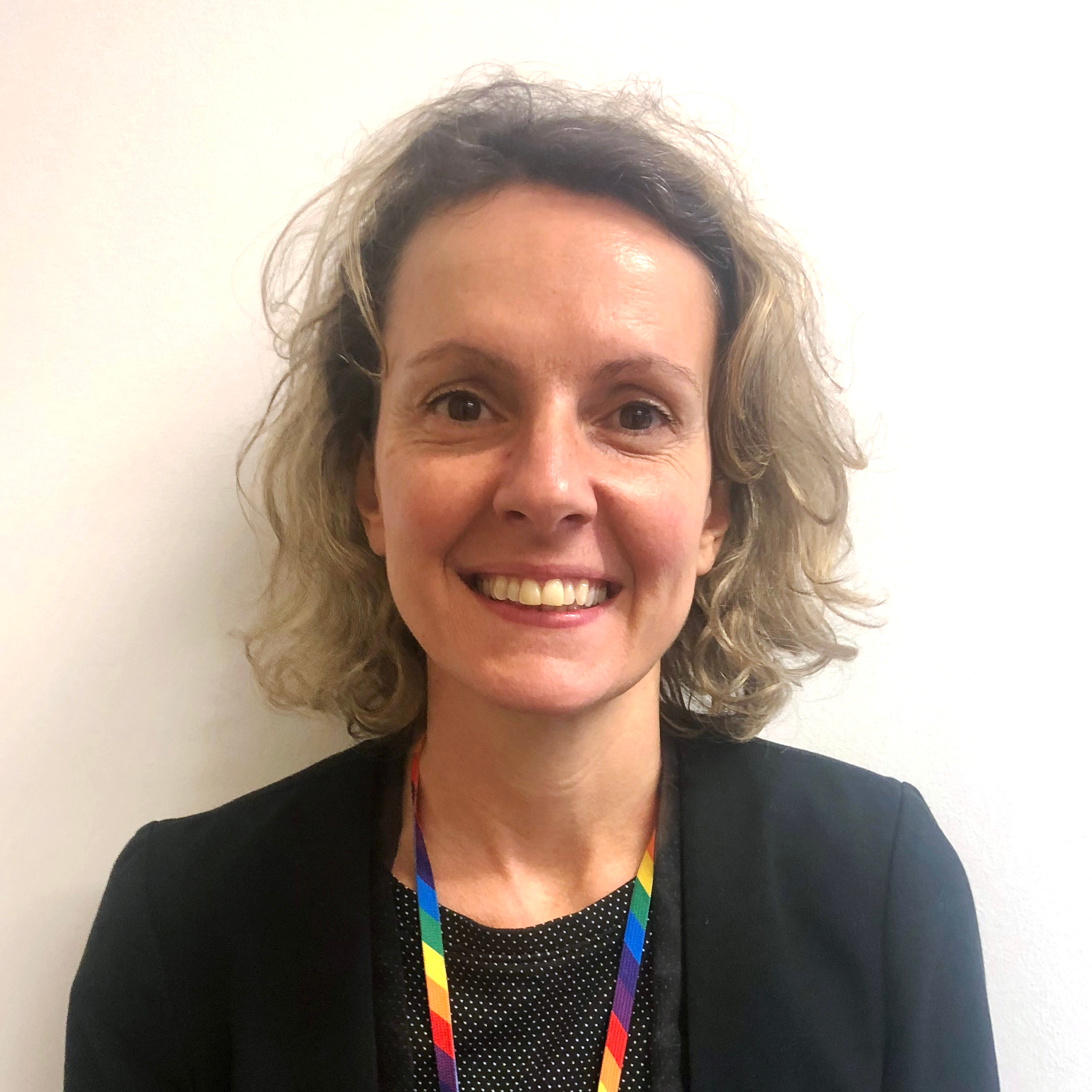
Aristea Markantoni
Aristea is Research Engagement and Events Officer at the University of Sussex Business School. Aristea has studied International Relations and Political Sciences at the Panteion University of Social and Political Sciences in Athens and has a master’s degree in International Political Economy (University of Warwick), and a Diploma in Early Years Education (Institute of Education, University of London). She has worked across various industries including banking (HSBC), pharmaceutical (Novartis Hellas), management consulting (Planet Ernst & Young) and conference organisation (Marcus Evans, C&C International) with substantial experience in conference production, both in the UK and Greece.
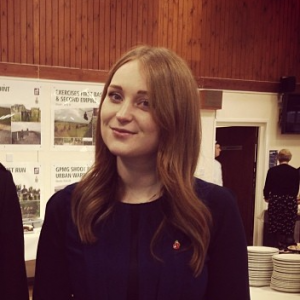
Louise Sheridan
Louise is Communications and Engagement Officer at SPRU, working with STRINGS and the Sussex Energy Group. She studied Politics at the University of Sheffield and has worked across communications and engagement in the public and third sectors, previously leading on media engagement for the DfID funded International Citizen Service (ICS) programme at VSO and most recently managing communications for Sutton Housing Partnership, Sutton Council’s arm’s length management organisation (ALMO).
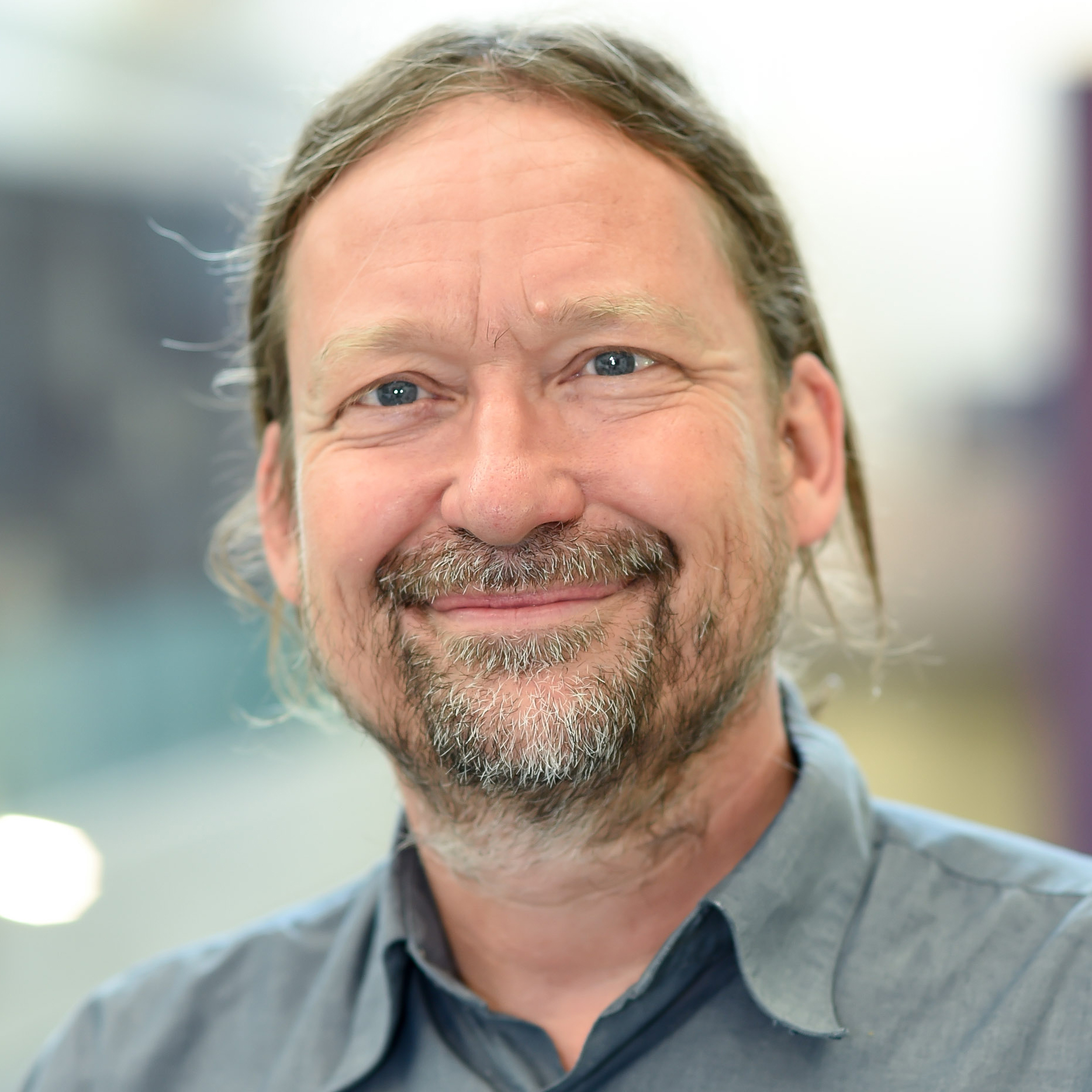
Prof Andrew Stirling
Andrew is Professor of Science and Technology Policy and has worked at SPRU since 1995. His current work involves research and postgraduate teaching on democracy and sustainability in science and technology. He is Co-Director of the ESRC-funded joint IDS-SPRU STEPS Centre, Deputy Director for the DEFRA-funded joint Surrey-Sussex Research Group on Sustainable Lifestyles, and the Director of a spin-off University Enterprise on Multicriteria Mapping. He is presently seeking to build a non-profit, public interest enterprise to develop and establish a novel tool for ‘opening up’ strategic appraisal, called multicriteria mapping.
University College London (UCL)
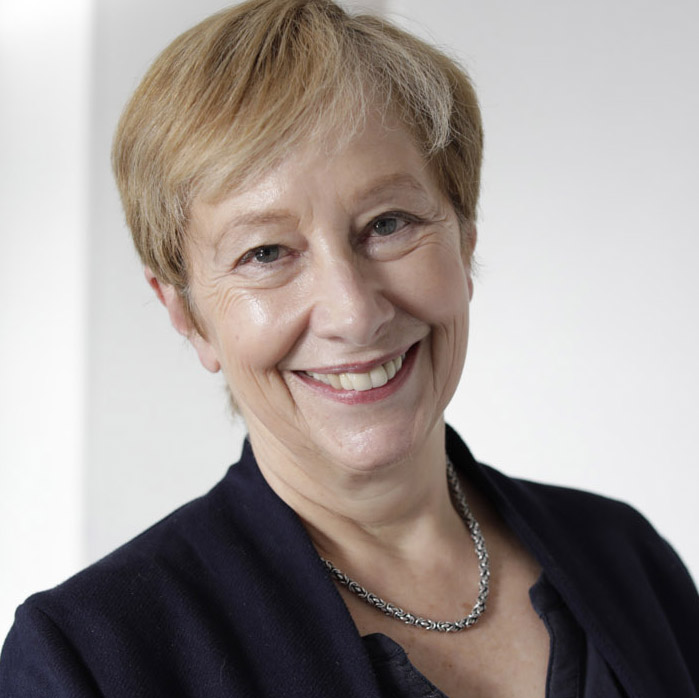
Prof Joanna Chataway
Jo is Head of Department at the Department of Science, Technology, Engineering and Public Policy (STEaPP) at UCL. She has a background in international development, science and innovation policy and has worked in high-, middle- and low-income country contexts and across various sectors. In recent years, her main areas of focus have been health innovation and related policy, and inclusive innovation. More broadly, she is keen to further analysis of the political economy of science, technology and innovation policy. Her overall aim is to contribute to evidence and thinking about the ways in which science, technology and innovation address the health, economic and social needs of low- and middle-income groups in different contexts.

Prof Sir Geoff Mulgan CBE
Geoff is Professor of Collective Intelligence, Public Policy and Social Innovation at UCL. He was Chief Executive of Nesta, the UK’s innovation foundation, from 2011 to 2019.
Between 1997 and 2004 Geoff had roles in the UK Government including Director of the Government’s Strategy Unit and Head of Policy in the Prime Minister’s office. From 2004 to 2011 he was the first Chief Executive of The Young Foundation. He was the first director of the think-tank Demos and has been a reporter on BBC TV and radio.
He has a PhD in telecommunications and has been a visiting professor at the London School of Economics (LSE), UCL and Melbourne University, a senior visiting scholar at Harvard University and President of the Innovation Design Department at the Italian University for Design (IAAD). He has also been a regular lecturer at the China Executive Leadership Academy and co-chaired a World Economic Forum group looking at innovation and entrepreneurship in the fourth industrial revolution.

Dr Ine Steenmans
Ine is a Lecturer in Futures, Analysis and Policy at UCL. Her work focuses on analysis for enhancing the future robustness of policies. She has developed a framework for appraising the ‘as-is’ design integrity of cross-domain policies, including science and innovation mission-oriented policy. She previously worked as a futures researcher within the UK Government Office for Science Foresight programme. She is Specialist Adviser to the UK Research Institute for Science of Cyber Security on relevance and quality in policy analysis.
UKRI
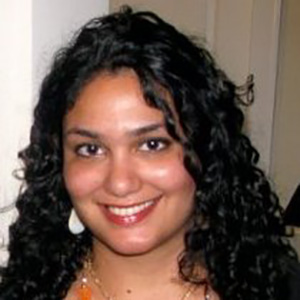
Roshni Abedin
Roshni is currently Senior International Policy Manager at UK Research and Innovation (UKRI) on the Global Challenges Research Fund. In 2019 she was on secondment at UNDP as a Policy Specialist in the Strategic Policy Engagement Team. Prior to this she was Senior International Policy Manager on Newton Fund activities, where she led on joint programmes with multiple partner countries. Roshni also sits on the cross-UKRI Equality, Diversity and Inclusion Group, and is co-chair of the Global Research Council (GRC) Gender Working Group. She has experience working in varied programmes in higher and international education in the UK, USA and briefly in India. Roshni has degrees in International Development with a focus on Gender and International Affairs from McGill University and Georgetown University.
UNDP
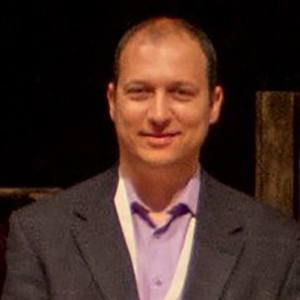
Dr Jacob Assa
Jacob is a Policy Specialist at UNDP. He has been working as an economist and statistician for 20 years, including at UN DESA’s statistics division and OHRLLS, in the areas of national accounts, development indicators, and as chief of the statistical dissemination section. He holds a PhD in economics from the New School for Social Research, which was published by Routledge in 2016. Jacob has published in several peer-reviewed journals, and his research interests include the political economy of national accounting, financialization, inequality and growth, composite indicators, and the conflict-development nexus. He is currently exploring stock-flow consistent modelling and agent-based modelling.
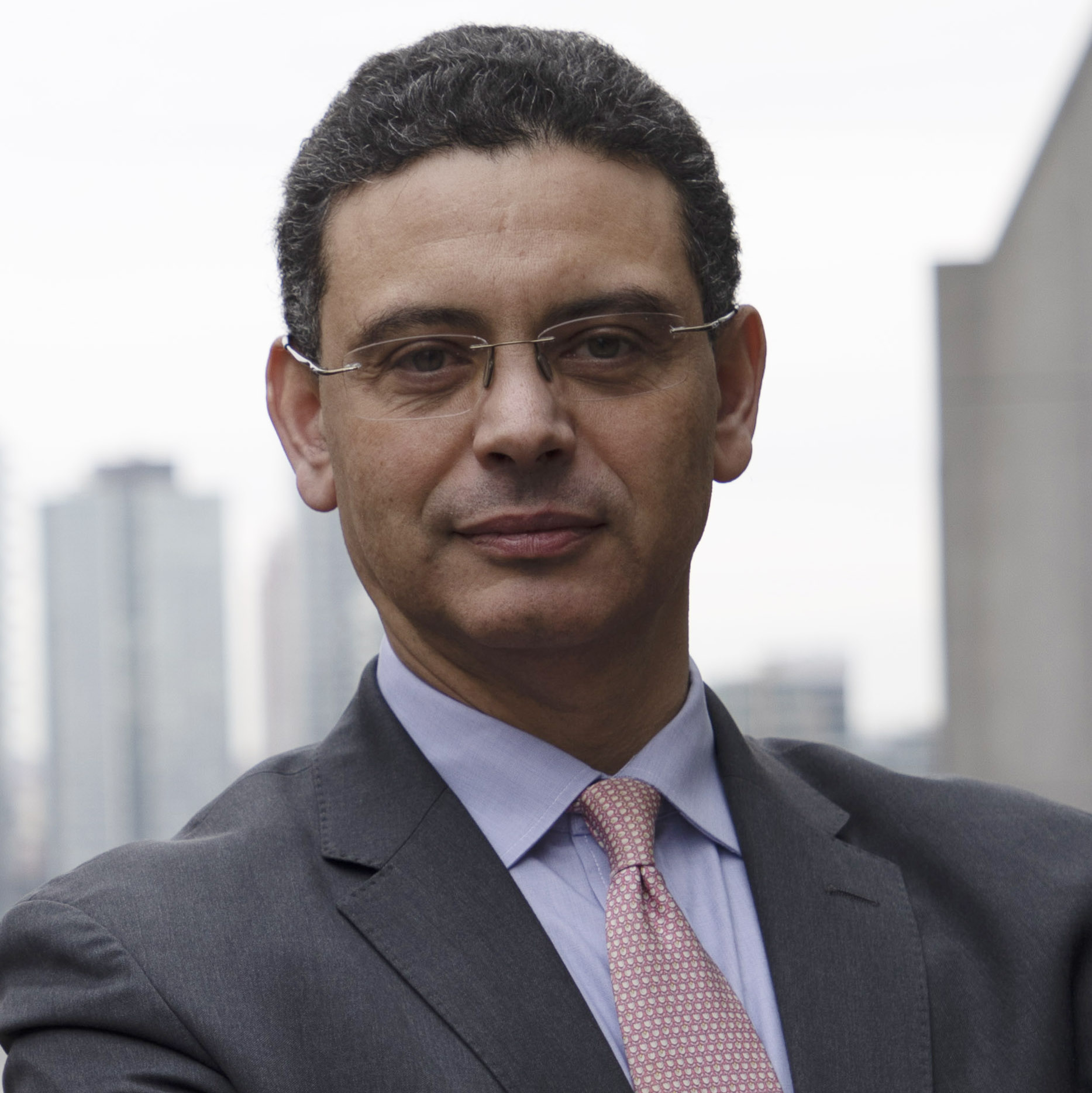
Dr Pedro Conceição
Pedro is Director of the Human Development Report Office at UNDP and lead author of the Human Development Report. Prior to this, he served as Director, Strategic Policy, Bureau for Policy and Programme Support and Chief Economist, Head of Strategic Advisory Unit, Regional Bureau for Africa, UNDP. His work on financing for development was published by Oxford University Press. Pedro has published on inequality, development, economics of innovation and technological change, in multiple journals. He has a PhD in Public Policy from Lyndon B. Johnson School of Public Affairs, University of Texas at Austin, where he studied on a Fulbright scholarship.
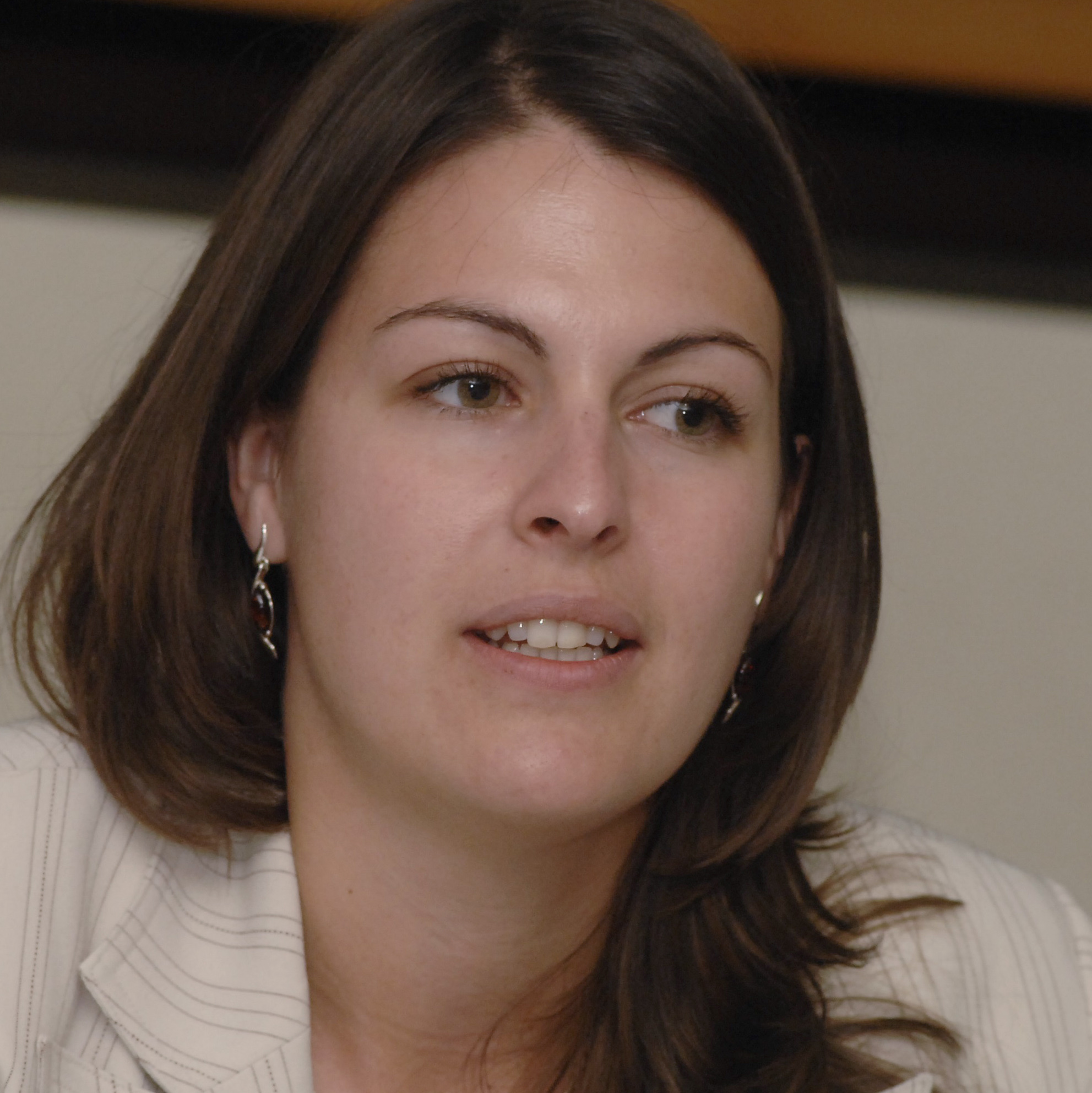
Nicole Igloi
Nicole is a policy specialist focusing on sustainable development in the Strategic Policy Unit at UNDP. She advises on emerging opportunities and challenges for the implementation of the 2030 Agenda and its global Sustainable Development Goals, collaboration between UN agencies and other partners. Prior to joining UNDP, Nicole worked for the European Commission’s Directorate-General (DG) EuropeAid, managing a regional energy cooperation programme, and DG Environment on financing environmental projects. She has also held environmental management and advocacy positions in the energy and aluminium industries, and in business consultancies.
UNU-MERIT
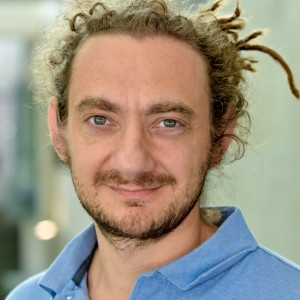
Dr Tommaso Ciarli
Tommaso is currently Senior Research Fellow at UNU-MERIT. His main research interests are in the area of technological change, institutional change, and economic development. He has led and co-led several funded projects on: modelling economic growth and structural change (EC, BA); mapping the relation between science, technology and innovation trajectories, development and societal challenges (GCRF, DFID, ESRC and NSF); the impact of innovation on employment, and inequality (ESRC, JRF, GLA); the relation between inclusive innovation and structural change (IDRC); violent conflict and economic activity (ESRC, CEPR and DFID); modelling the sustainable transition (Rebuilding Macroeconomics). He holds a PhD in Economics and in Industrial Development from the University of Birmingham and the University of Ferrara (Italy). Tommaso is also a Senior Research Fellow in SPRU at the University of Sussex Business School.
CENIT
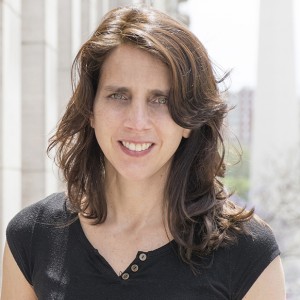
Dr Valeria Arza
Valeria was Director of the Research Center for Transformation (CENIT) in Buenos Aires until 2019. She is an innovation scholar working at Argentina’s National Scientific and Technical Research Council (CONICET) and CENIT/UNSAM. Her most recent research is on open science, but she has previously worked on several issues in the economics of science, technology and innovation (STI). She has published articles on public-private partnerships, knowledge networks, firm innovation and productivity, impact-assessment analysis of STI policy, socio-technical studies in agricultural biotechnology and others. She has a doctorate in Scientific and Technological Policy Studies (University of Sussex) and a post-doctorate from the Centre d’Economie de la Sorbonne, Paris.
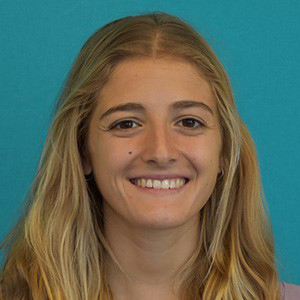
Agustina Colonna
Agustina works as a Research Assistant at the Research Center for Transformation (CENIT) in Buenos Aires. She holds a Bachelor’s degree in Economics from the Universtiy Torcuato Di Tella, and a Master’s degree in Economics from Pompeu Fabra University. Her main interests are in econometrics and applied microeconomics, with a focus on the study of development economics, public policy and inequality. She also loves mountain hiking and camping during holidays.
CRISP
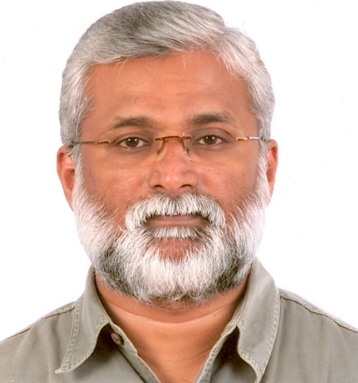
Dr Rasheed Sulaiman Vadakkel
Rasheed has been the Director of the Centre for Research on Innovation and Science Policy (CRISP) in India since 2006. Prior to that, he worked as Senior Scientist at the National Centre for Agricultural Economics and Policy Research at ICAR. He has expertise in agricultural extension systems and policy, and agricultural innovation systems. His research also covers the role of private sector and public-private partnerships, developing new approaches to reaching rural women and the evaluation of ICTs in agriculture. He has a PhD in agricultural extension.
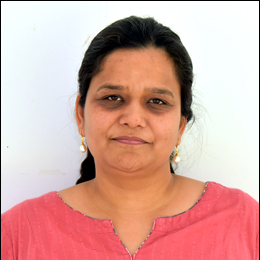
Nimisha Mittal
Nimisha is lead Researcher with CRISP. Over 19 years of her work, Nimisha has travelled across Asia collaborating with various stakeholders; community, non-profits, and governmental agencies. Her areas of expertise are gender, education, livelihoods, agriculture, environment and community based natural resources management. Nimisha’s core skills include designing and leading large-scale research studies, project evaluations, training programmes and consultation workshops. Her work has been published as book chapters, journal articles, policy briefs, good practice notes and working papers.
CWTS
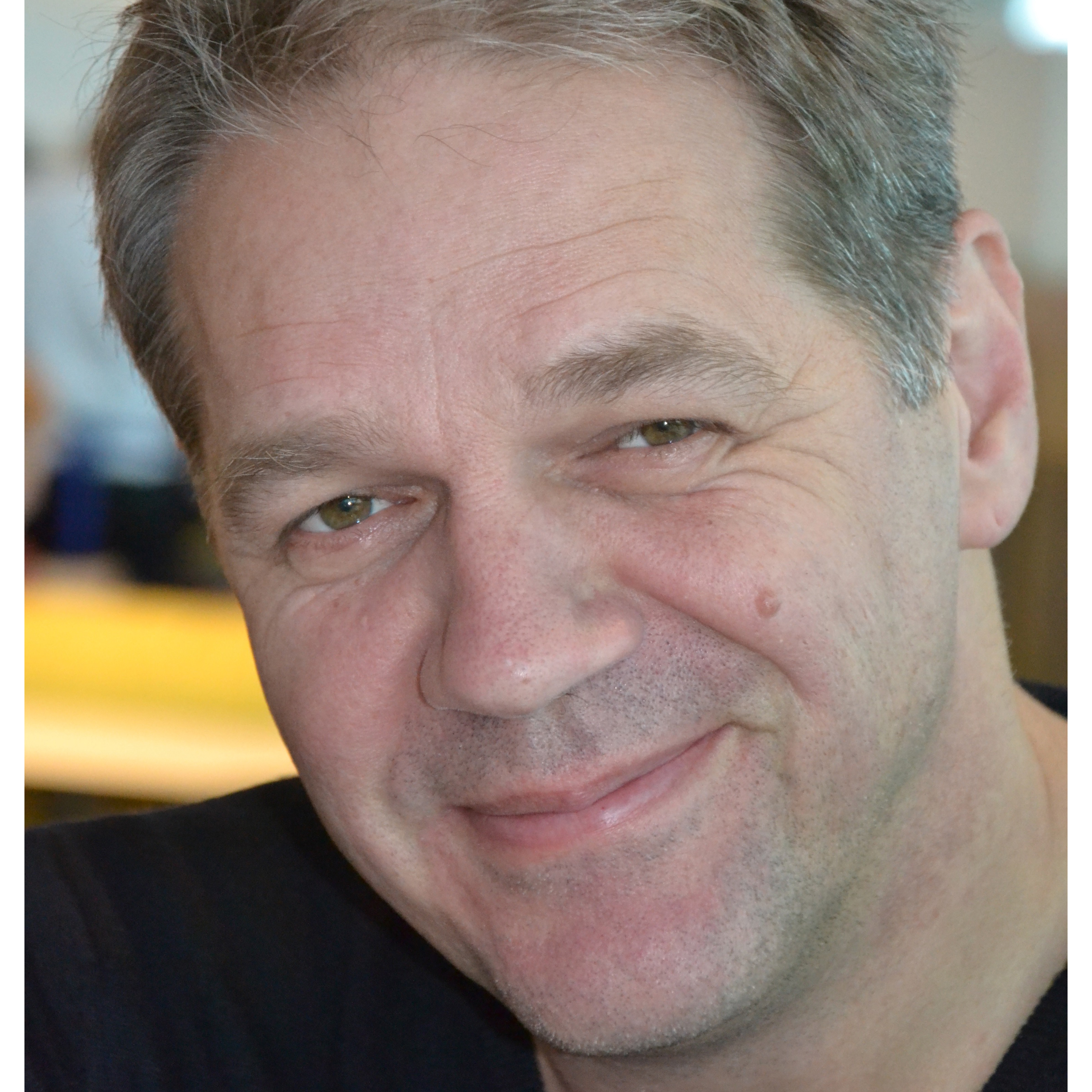
Dr Ed Noyons
Ed is deputy director of Centre for Science and Technology Studies (CWTS), University of Leiden, where he has worked since 1988. In 1999 Ed received his PhD in Quantitative Studies of Science for a thesis entitled “Bibliometric mapping as a science policy and research management tool”. In the same year he became a research fellow at CWTS. He has published and co-authored many papers in peer-review international journals, delivers key-note lectures at international conferences and has been program chair in several scientometric conferences. His current research focuses on strategic research studies and monitoring societal connectedness of research (ABC analyses).
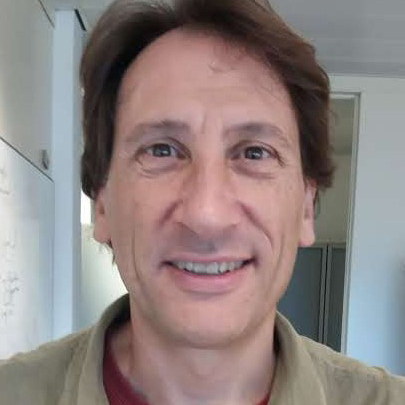
Dr Ismael Rafols
Ismael Rafols is a Senior Researcher at CWTS and adjunct faculty at SPRU. His work develops plural methods for science and technology indicators aimed at informing evaluation, funding and research strategies. Ismael received a PhD in biophysics from Tohoku University (Sendai, Japan) and was postdoctoral researcher in nanobiotechnology at Cornell University (New York, US). Currently, he is working on research portfolios as tools to facilitate deliberation on research prioritization for grand challenges such as bird flu or obesity.
University of Pretoria
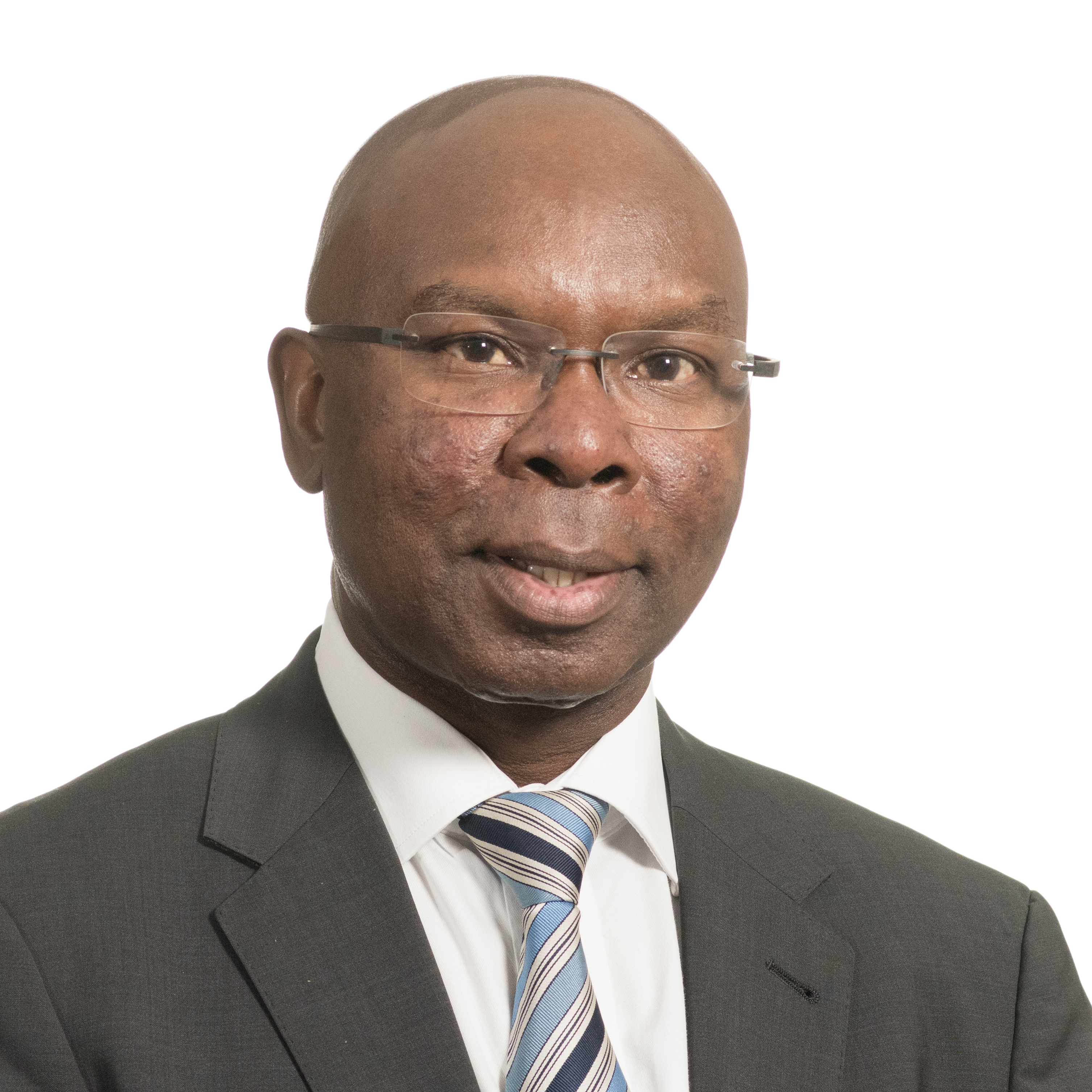
Prof John Ouma-Mugabe
John is Professor of Science and Innovation Policy at the Graduate School of Technology Management (GSTM), University of Pretoria and Visiting Associate at the Science Policy Research Unit (SPRU), University of Sussex. He is former Executive Director of the African Centre for Technology Studies (ACTS) Nairobi, and former Director of the Office of Science and Technology NEPAD. John is a Fellow of the World Academy of Art and Science (WAAS), and Fellow of the African Academy of Sciences (AAS). He holds a doctorate degree in political economy of technology policy from the University of Amsterdam.
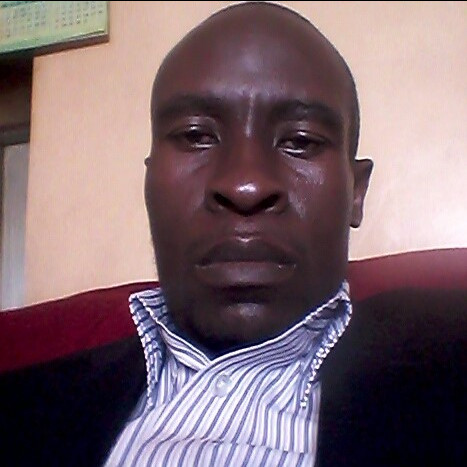
Paul Nakhungu Kombo
Paul is a socio-environmentalist working with the County Government of Busia, Kenya as an Environment and Natural Resource Officer. He is also a part-time tutorial fellow at Kibabii University, Kenya. Currently, he is a doctoral student at the University of Eldoret, Kenya. He is a registered EIA expert with the National Environment Management Authority (NEMA), Kenya, and a member of the Environmental Institute of Kenya (EIK). His main research interests include livelihoods, gender, environmental governance, climate change, sustainability, food security, water issues and social research. Paul holds an MSc in Environmental Studies (Human Ecology) from the University of Eldoret, and a BA in Social Studies (Sociology) from Moi University, Kenya.
NESTA

Dr Benjamin Reid
Benjamin is Head of the International Innovation Team within Nesta’s Policy and Research division, examining new global trends and practices in innovation, with an emphasis on emerging economies such as China, India, Brazil and Malaysia. Benjamin now leads on the new Nesta-led executive development programme for innovation policymakers, the Global Innovation Policy Accelerator. He was a researcher and lecturer at Henley Business School, and his research clients at Henley included Ford Motor Company, Petroleum Nasional Berhad (PETRONAS), the Department for Education, the EU Commission, and the BBC. He holds a PhD from Henley Business School at the University of Reading.
Advisory Committee
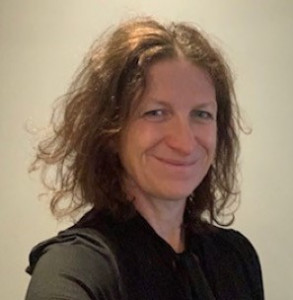
Dr Liz Allen
Liz is Director of Strategic Initiatives at F1000 and leads on shaping new initiatives and partnerships to foster open research publishing. Prior to joining F1000 in 2015, she spent over a decade leading the Evaluation Team at Wellcome.
A social scientist by training, Liz is a Visiting Senior Research Fellow in the Policy Institute at King’s College London, with a particular interest in science policy and research-related indicators. Liz is a Crossref Board Director, co-founder of CRediT (Contributor Roles Taxonomy), and serves on the Advisory Board for the Software Sustainability Institute.
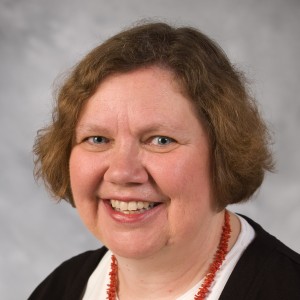
Prof Susan Cozzens
Susan is Professor of Public Policy, Director of the Technology Policy and Assessment Center, and Associate Dean for Research in the Ivan Allen College. Dr. Cozzens’s research interests are in science, technology, and innovation policies in developing countries, including issues of equity, equality, and development. She is active internationally in developing methods for research assessment and science and technology indicators. Her current projects are on water and energy technologies; nanotechnology; social entrepreneurship; pro-poor technology programs; and international research collaboration.

Meredith Ettridge
Meredith is the Head of Sustainable Development at the Royal Academy of Engineering (UK) where she oversees a growing portfolio of engineering capacity building programmes and activities in Africa, Asia and the Americas, advancing engineering’s contribution to tackling the global challenges of our time. In 2014 Meredith founded the Academy’s Africa Prize for Engineering Innovation. A Sociology graduate, Meredith has previously worked in Policy, Public Affairs and Communications roles.
Professor Sir Peter Gluckman ONZ KNZM FRSNZ FRS
Peter trained as a paediatrician and biomedical scientist and holds a Distinguished University Professorship at the Liggins Institute of the University of Auckland. He also holds honorary chairs in University College London, University of Southampton and National University of Singapore (where he acts as chief science advisor to the Singapore Institute for Clinical Sciences). In 2016 he received the AAAS award in Science Diplomacy. He is a Fellow of the Royal Society of London and the Royal Society of New Zealand, a member of the National Academy of Medicine (USA) and a fellow of the Academy of Medical Sciences (UK).
Rebeca Grynspan
Formerly a UN Under-Secretary-General and associate administrator of the United Nations Development Programme, Rebeca was Vice-President of Costa Rica between 1994 and 1998. Previously, she was director of the Economic Commission for Latin America and the Caribbean Sub-regional Headquarters in Mexico, where she also served as co-chair of the International Food Policy Research Institute’s Executive Board, and assistant-secretary-general and Regional Director for Latin America and the Caribbean at the United Nations Development Programme (2006-2010).
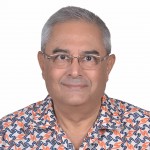
Prof Dipak Gyawali
Dipak is currently Pragya (Academician) of the Nepal Academy of Science and Technology (NAST), where he is initiating the Colloquium on the Philosophy of Science and the Sociology of Technology. Currently he is on the technical advisory committee of UNESCO’s World Water Assessment Program, advisory board of IDS Sussex STEPs Center, scientific program committee of Stockholm International Water Institute for its World Water Week, and a guest senior research scholar with the Risk and Resilience Program (RISK) at IIASA.
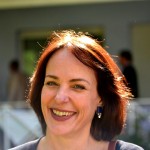
Dr Heide Hackmann
Heide has worked as a science policy maker, researcher and consultant in the Netherlands, Germany, the United Kingdom and South Africa. Heide holds membership of several international advisory committees, including the Scientific Advisory Board of the Potsdam Institute for Climate Impact Research in Germany, and the Swedish Research Council’s Committee for Development Research, Sweden. She is a Board member of START, as well as Cape Farewell in the UK. She holds a PhD in science and technology studies from the University of Twente in the Netherlands.
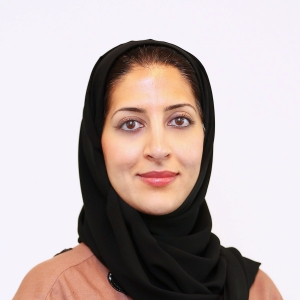
Dr Ameena Hussain
Ameena is the Chief Curator and Director of Programs at the World Innovation Summit for Education (WISE). In her current role, Ameena oversees research and programs in the thematic areas of Innovation for Quality and Access and Learning Ecosystems. She also leads the delivery of the WISE Global Summit and WISE programs; including the WISE Prize for Education, WISE Awards, WISE Learners’ Voice, WISE Emerging Leaders and Doha Learning Days (the city’s first and largest learning festival). Since joining Qatar Foundation in 2006 as one of the original members of the Education Division, Ameena played a key role in establishing student programs and services working closely with the higher education institutions in Education City. She previously served as the Director of Student Life at Hamad Bin Khalifa University, Doha. Before Qatar Foundation, Dr. Hussain worked in the Supreme Education Council as a teacher, then as an English Department Coordinator, and at Maersk Oil as a Senior HR Specialist. She holds a Doctorate in Global Education from the University of Southern California – Rossier School of Education, a Bachelor of Arts and Education in English Language and Literature from Qatar University, and a Diploma in Human Resources from the Chartered Institute for Personnel Development of the UK. Dr. Hussain has substantial experience in education innovation, leadership, content curation and program development.
Prof Jacqueline McGlade
Jacqueline is a Professor in the School of Tourism and Natural Resources Management and Director of the Sekenani Research Centre for Space Research and Green Development. She retains her role as a Professor at University College London in the Institute for Global Prosperity and the Faculty of Engineering, is a Member of the International Network of Chief Government Scientific Advisors, European Bank for Reconstruction and Development, Environmental and Social Advisory Committee; and European Space Agency Advisory Committee on Earth Observation.
Prof Ruth K.Oniang’o
Ruth is Editor-in-Chief and Founder at African Journal of Food, Agriculture, Nutrition and Development (AJFAND). As a member of Kenyan Parliament from 2003 to 2007, she worked to create awareness about poverty and hunger, with special focus on science and technology, agricultural research and productivity, food security, nutrition, bio-safety legislation, fertilizer and other input use, HIV/AIDS, and gender issues. She currently chairs Kenya’s Food Security and Nutrition Taskforce, which provides oversight for the implementation of the National Food and Nutrition Policy.

Prof Carlos Paolino
Carlos was previously a Principal Researcher at Cinve Economics Research Centre in Montevideo-Uruguay until his retirement in 2017. Prior to that, he was Director of Opypa (Office of Programming and Agricultural Policies) of the Uruguayan Ministry of Agriculture, Livestock and Fishery Ministry (MGAP). He has continued to do voluntary work at different institutions including as a member or the Agronomist Association of Uruguay (AIA), as a tutor of academic projects at the Faculty of Economy, and as a member of the Council of the Faculty of Agronomy of the University of the Republic of Uruguay.
Dr GV Ramanjaneyulu
GV is an agriculture scientist working with Centre for Sustainable Agriculture on the ecological and economical sustainability of farming and farming based livelihoods. He previously worked with the Indian Council of Agricultural Research as a Scientists in the Directorate of Oilseeds Research from August 1996 to November 2003. He has a PhD in Agricultural Extension (Indian Agricultural Research Institute, New Delhi, 1993-1996), an MSc (Ag) in Agricultural Extension (Agricultural College, Bapatla, Andhra Pradesh Agricultural University, 1990-1992) and a BSc (Ag) in Agricultural Extension (Agricultural College, Bapatla, Andhra Pradesh Agricultural University, 1986-1990).
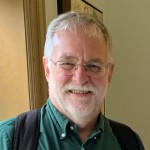
Prof John Robinson
John is a Professor at the Munk School of Global Affairs and Public Policy, and the School of the Environment, at the University of Toronto. He is an Honorary Professor with the Institute for Resources, Environment & Sustainability at The University of British Columbia, and an Adjunct Professor with the Copenhagen Business School. At the University of Toronto, he is also Presidential Advisor on the Environment, Climate Change and Sustainability. John’s research focuses on the intersection of climate change mitigation, adaptation and sustainability; the use of visualization, modelling, and citizen engagement to explore sustainable futures; sustainable buildings and urban design.
Dr Kartik Shanker
Kartik is Associate Professor at the Centre for Ecological Sciences, Indian Institute of Science, Bangalore, where he indulges his fascination for ecology and evolution, working with students on frogs, reptiles, birds, plants, reef fish and other marine fauna. His research group works on the community ecology and evolutionary biogeography of various taxa. The group works on diversity and distribution at both ecological and evolutionary timescales. Kartik is also continuing his research on the ecology and evolutionary biology of marine turtles at various field sites around the country.
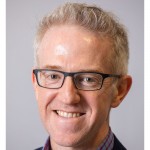
Dr Matthew Todd
Mat founded and currently leads the Open Source Malaria (OSM) and Open Source Mycetoma (MycetOS) consortia, and is a founder of a broader Open Source Pharma movement. He is on the Editorial Boards of PLoS One, Chemistry Open and Nature Scientific Reports. He obtained his PhD in organic chemistry from Cambridge University in 1999, was a Wellcome Trust postdoc at The University of California, Berkeley, a college fellow back at Cambridge University, and a lecturer at Queen Mary, University of London. He is now Chair of Drug Discovery at University College London.
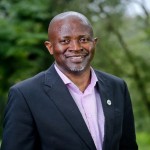
Prof Nelson Torto
Nelson is the Executive Director of The African Academy of Sciences (AAS). Under his leadership, the goals of the AAS are to promote partnerships, mobilise the African scientific community, lead science advocacy efforts and ensure research findings are incorporated into policymaking so that science remains at the forefront of the African agenda and is adequately supported to transform people’s lives. He is a Fellow of The African Academy of Sciences, Inaugural Fellow of the Botswana Academy of Sciences and a Fellow of the Royal Society of Chemistry (UK).
